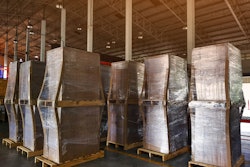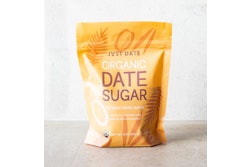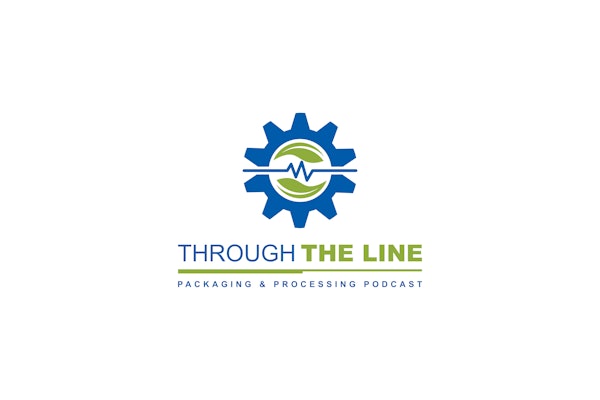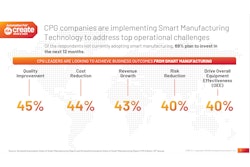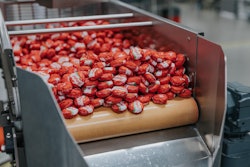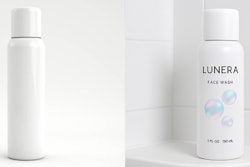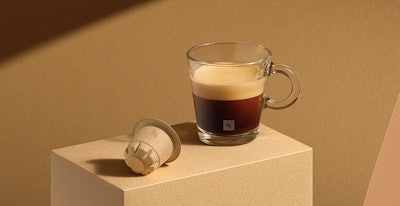
Like most major multinational Consumer Packaged Goods companies, Nestlé has made some fairly significant commitments to reduce the environmental footprint of its packaging, including an ambitious goal to make 100% of its packaging reusable or recyclable by 2025. And, like its peers, Nestlé is employing a number of strategies and technologies in an attempt to reach those goals. One of those is moving to paper-based materials.
In 2020, Nestlé achieved the full “paperization” of the packaging for 419 SKUs of its Smarties candy-coated chocolates, moving from plastic bags and plastic packaging components to 100% renewable, recyclable paper formats. Now, after three years of research and development, the company has unveiled paper packaging for an even more challenging application: coffee capsules. The new paper-based capsule for its Nespresso Original single-cup coffee makers will complement the company’s existing recyclable aluminum capsules, providing consumers with a compostable option.
“At Nespresso, we continuously innovate to bring new and exciting experiences to coffee drinkers worldwide. We have always listened to our consumers and innovated to give them the experience they seek,” says Julia Lauricella, head of the Nestlé System Technology Center. “We recognize that our consumers want to have a choice. While aluminum has the benefit of being infinitely recyclable and where we offer several ways to collect the capsules for recycling, some consumers may prefer to compost their coffee capsules.”
Through an internal lifecycle assessment, Nestlé determined that the environmental impact of coffee packaged in the home-compostable Nespresso paper-based capsule is comparable to that of coffee in the recyclable aluminum capsule. “The paper-based capsule is therefore another sustainable alternative to the current recycled aluminum capsules for those who have access to and prefer to compost, without compromising on the premium coffee experience and high-quality sustainable coffee for which Nespresso is known,” says Lauricella.




